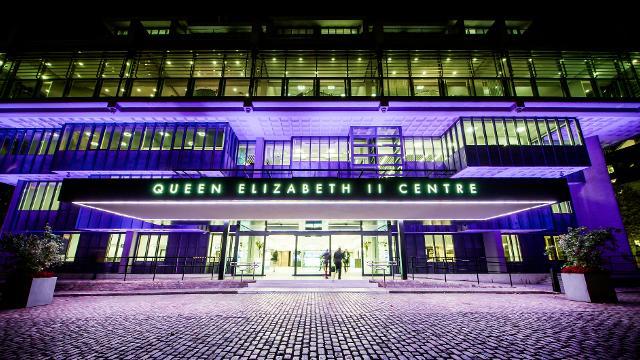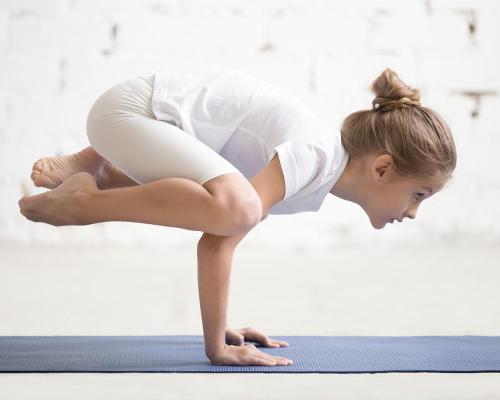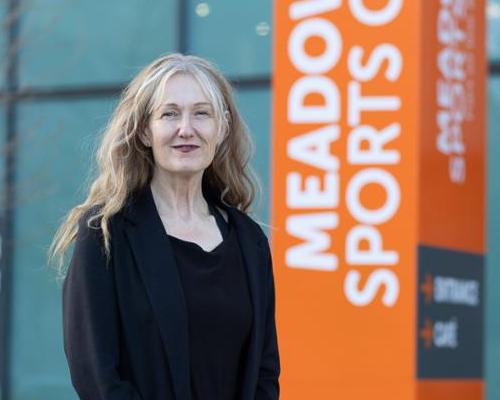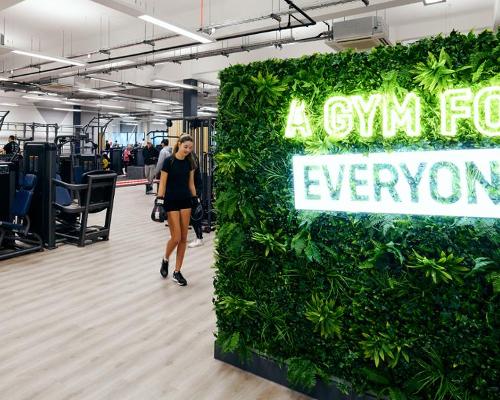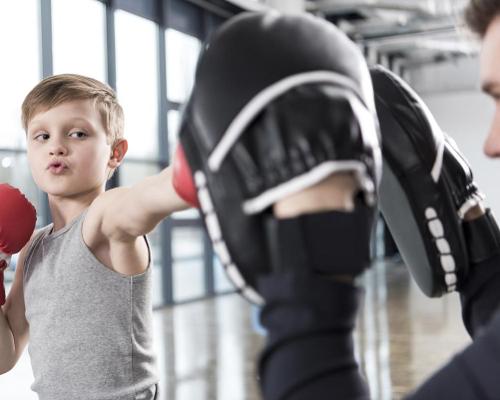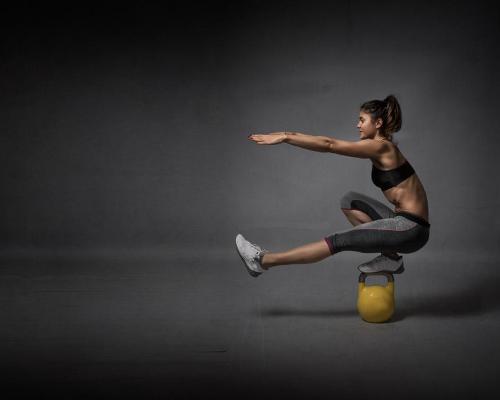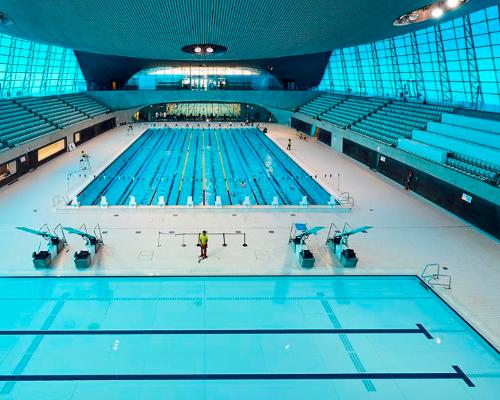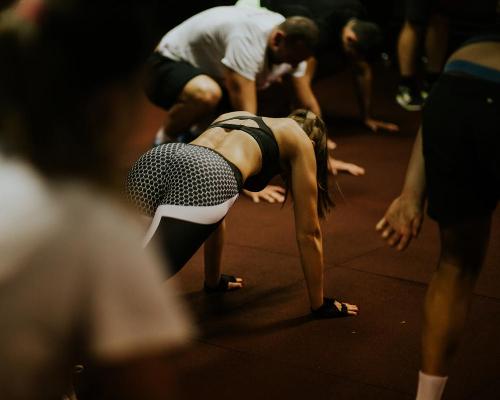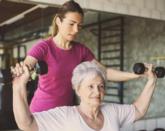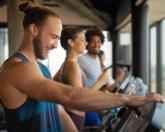Gym closures – what have the implications been for public health?

What are the effects on public health of gyms and leisure centres being shut during lockdowns? Could more people be suffering worse symptoms – or even death – from COVID-19 due to physical activity facilities being out of bounds?
As evidence mounts that being overweight or obese, and/or having low cardiorespiratory fitness are likely to worsen COVID-19 outcomes – and that the pandemic is "bad for mental health" – societies could yet rue the cost of closing gyms and physical activity facilities as part of coronavirus restrictions.
Studies show that preventing people from taking part in organised exercise has resulted in falls in cardiorespiratory fitness levels and weight gain – the two risk factors causing worse COVID-19 symptoms.
Among the surveys outlining how lockdowns are resulting in weight gains in the UK population is one carried out by OnePoll for Cambridge WeightPlan. It found that nearly half (48 per cent) of women and 44 per cent of men are likely to put on weight during lockdowns.
Another, titled Obesity, eating behavior and physical activity during COVID-19 lockdown: A study of UK adults, shows that lockdown weight gains are a result of a combination of falling activity levels and an increase in unhealthy eating habits.
The findings are reflected by official figures from Sport England, which show significant falls in activity levels, especially among children and young people.
In the UK, industry body ukactive estimates that the three lockdowns will have cost the UK around 700m 'lost workouts', as people have been prevented from following their usual exercise regime.
As people have become more sedentary, ukactive is now describing the pandemic lockdowns the "National Sit-down", reflecting findings that 42 per cent of UK adults admitted to sitting for at least 14 hours longer each week.
The findings come from a poll conducted by Savanta ComRes, which also showed that motivation to exercise is now at a record low for many Brits, as the closure of gyms, pools and leisure facilities restricts the options for staying active and healthy.
The Savanta ComRes findings also raised concerns about families’ activity levels. Parents of children under the age of 18 are more likely (84 per cent) than those without children below this age (76 per cent) to have spent longer sitting per day during lockdown.
Significantly, nearly half (45 per cent) of the parents that responded agreed that their children’s emotional and physical wellbeing, and behaviour, would improve if their household had access to a local gym or leisure facility.

Team Leader (Harrow School Fitness Club)
Centre Manager (Leisure)
Director of Operations
Fitness Motivator
Recreation Assistant/Lifeguard (NPLQ required)
Membership Manager
Recreation Assistant
Swim Teacher
Swim Teacher
Chief Executive Officer, Mount Batten Centre
Swim Teacher
Swimming Teacher
Swimming Teacher
Company profile

Featured Supplier

Property & Tenders
Company: Knight Frank
Company: Belvoir Castle
Company: AVISON YOUNG
Company: London Borough of Bexley
Company: Forestry England
















